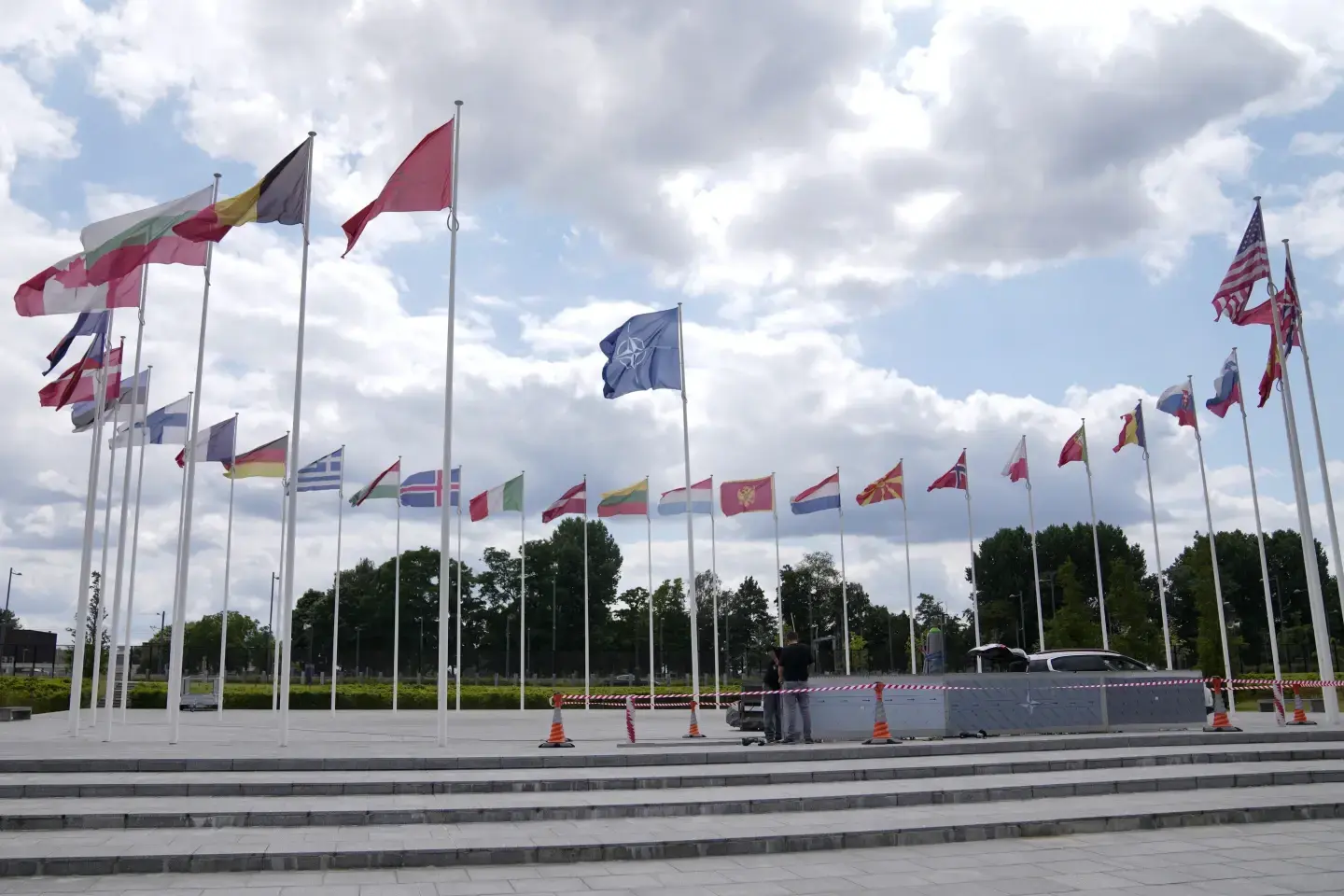NATO leaders to gather at key summit amid pivotal agenda
VILNIUS

As the Russian invasion of Ukraine continues with no end in sight, NATO leaders gather for their annual summit this week in the Lithuanian capital Vilnius, with crucial issues on the agenda.
The Ukraine conflict has reinvigorated NATO, with member countries providing military hardware to assist in Ukraine's ongoing counteroffensive. However, there is still a lack of concrete action towards Ukraine's desired membership in the alliance.
Meanwhile, in a joint press conference with Ukraine leader Volodymyr Zelensky in Istanbul on July 7, Turkish President Recep Tayyip Erdoğan expressed his strong support for Ukraine's NATO membership aspirations.
"Ukraine undoubtedly deserves NATO membership," Erdoğan said and emphasized Türkiye's desire to restore peace as soon as possible, offering full support to Ukraine. Zelensky, for his part, expressed gratitude for Türkiye's unwavering support for Ukraine's territorial integrity and sovereignty.
While some countries, such as the United States and Germany, insist that the focus should be on supplying weapons and ammunition to help Ukraine win the current conflict, rather than taking the more provocative step of extending a formal invitation to join NATO, others, particularly Estonia, Latvia, Lithuania and Poland, prefer firmer assurances of future NATO membership.
Jake Sullivan, U.S. President Joe Biden's national security adviser, described the summit as "an important moment on the pathway toward membership" for Ukraine, highlighting the need to discuss necessary reforms to meet NATO standards.
In the meantime, the summit is also expected to focus on the issue of Sweden's potential membership in NATO. Türkiye has been the main objector, expressing concerns about Sweden's leniency toward terrorist groups and calling for more concrete action in the fight against them.
Turkish Foreign Minister Hakan Fidan, meanwhile, had a phone call with U.S. Secretary of State Antony Blinken on July 8 to discuss NATO's enlargement process.
Sweden applied for NATO membership last year amidst concerns over the invasion of Ukraine and escalating tensions in Europe. Initially, Sweden and Finland sought to join the alliance together, but Türkiye's objections to Sweden's bid prompted Finland to proceed independently, securing its NATO membership in April.
Although Sweden has amended its anti-terror legislation since applying for membership, Türkiye argues PKK supporters can still freely organize demonstrations, recruit and procure financial resources within the country.
"We cannot support those who embrace terrorism. How can a state that cannot distance itself from terrorism contribute to NATO?" Erdoğan remarked on July 7.
Ankara expects Sweden to keep the promises made in Madrid, the president said, referring to the trilateral agreement signed last June in the Spanish capital.
Erdoğan's remarks came following talks in Brussels with foreign ministers from the two countries. The discussions, initiated by NATO Secretary-General Jens Stoltenberg, aimed to find common ground and persuade Türkiye to endorse Sweden's membership before the annual summit.
Officials of the two countries are set to meet again on July 10 to address some "unresolved points." However, Stoltenberg remained hopeful that Sweden's participation in NATO would materialize before the annual leaders' summit of the alliance scheduled to take place on July 11-12.
















